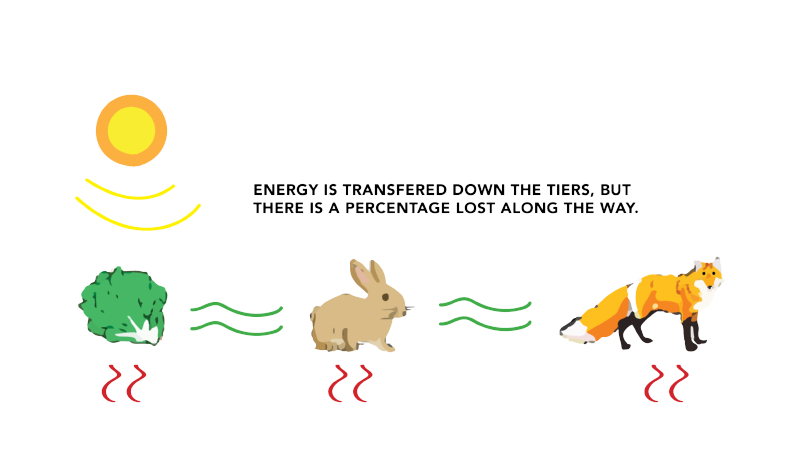Are Worms the Best Live Food?

Why Worms?
First, we must ask… what do fish eat in the wild?
Heavenly pellets that fall from the sky?
Guppies that once a week dispense themselves into the pond precisely 24 at a time?
Perhaps a mystical freezer that walks over and thaws out some frozen foods to drop in once a day into the middle of the lake.
This is what your fish probably eat in captivity, but what they eat in the wild may surprise you. Many carnivorous or insectivorous fish species are eating insects, worms / larvae, shrimp, tadpoles, fish, and more. There isn’t anyone making sure they have the right food or that they have a balanced diet. They are opportunistic and “living off the land” one day at a time. This then is truly the best diet that you can offer your fish. Diverse, live, and fresh.
Are Worms the Best Live Food?
One of the most nutritionally packed foods you can offer tropical fish is worms. Whether they are frozen or live they will be nutrient dense, high in protein, and low in fat compared to many other live food options.
“Many studies have reported the efficacy of red earthworms (alone or in combination with other ingredients) in promoting fish growth performance, increasing reproduction, enhancing feed digestibility, reduced stress, improved survival, lower feed conversions and better feed utilization and assimilation efficiency.” 1
By routinely feeding live worms to our fish as part of a varied diet, we can reap many of these same benefits. In fact worms and insects are prime candidates to become more environmentally friendly, sustainable, replacements for the fish and krill meal commonly used in fish flakes and pellets.
Worms as a Feeder Fish Alternative?
Substituting worms for your usual feeder fish meals is not only safer, but up to 50% more efficient.
Eating lower on the food chain helps preserve valuable nutrients and calories. As you see here, each layer up the food chain nutrition and energy is lost. Worms aren’t plants, of course, but as decomposers they are just about as low on the food chain as they can be.

Why not live feeder fish?
Unless they are properly gut loaded and continuously fed a nutrient rich diet, feeder fish are often devoid of nutrients and low in vitamins and minerals that would be common in a whole prey item. In addition, feeder fish can, and typically do carry diseases, due to the way they are raised and maintained. This can then pass these to your prized fish and is usually not worth the risk. Digestive enzymes do eliminate most concerns after ingestion, but oftentimes feeder fish are bought in a surplus, and the extra fish swimming around are inevitably sharing the pathogens with the rest of the tank.
Lastly, many aquarium fish that are commonly offered feeder fish just don’t need them to be happy and healthy, especially once they are settled in and established. Most predatory fish can be trained to feed on live worms, ghost shrimp, meaty frozen foods (like krill or silverside minnows), and freeze dried foods with a little effort and this will be much healthier for them in the long term.
- Dr. Sonnia Nzilani Musyoka, Dr. David Mbeva Liti, Dr. Erick Ogello, Dr. Herwig Waidbacher. “The red earthworm as an alternative protein source in aquafeeds”. Global Seafood Alliance, 30 September 2019, https://www.globalseafood.org/advocate/the-red-earthworm-as-an-alternative-protein-source-in-aquafeeds